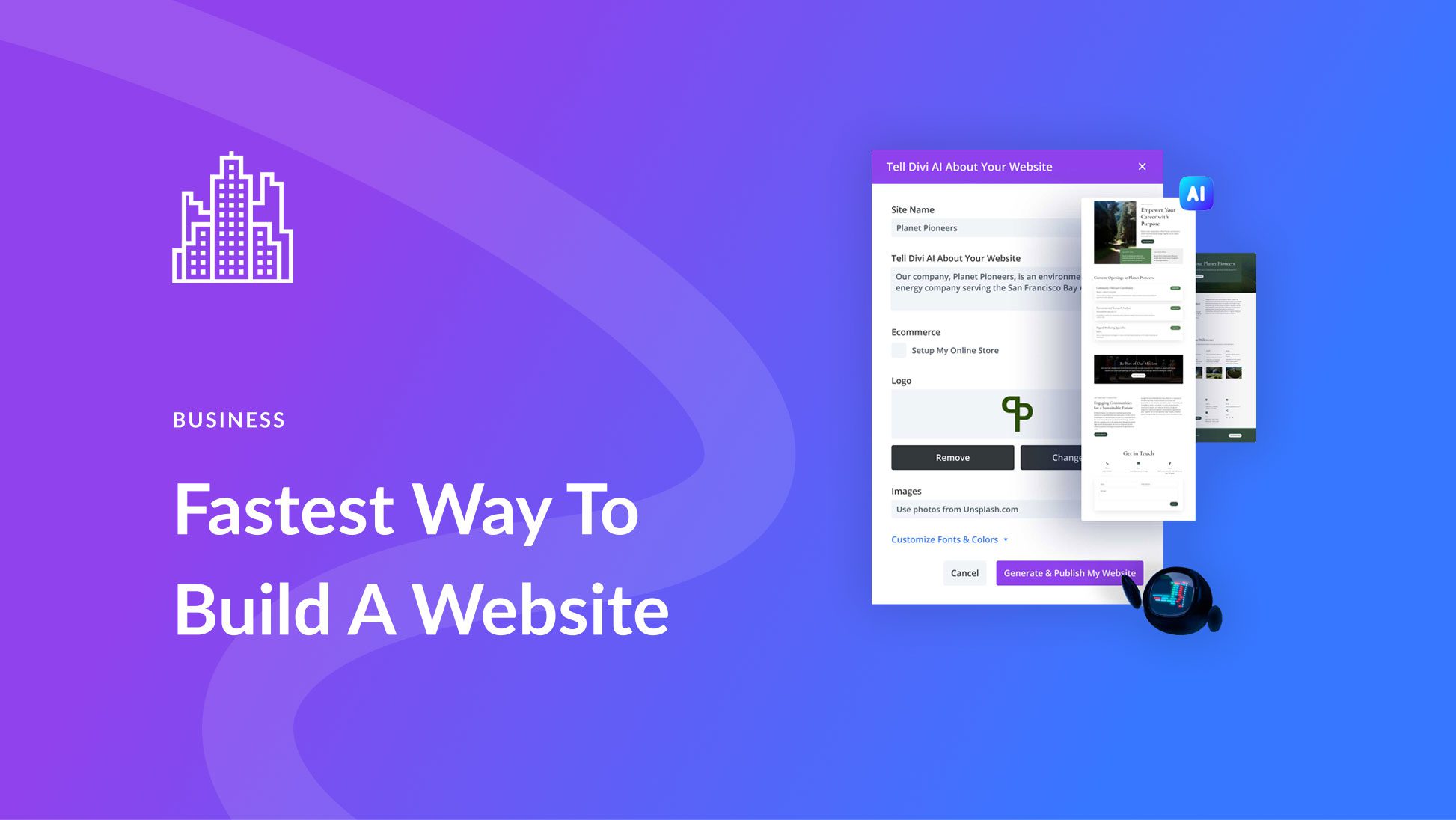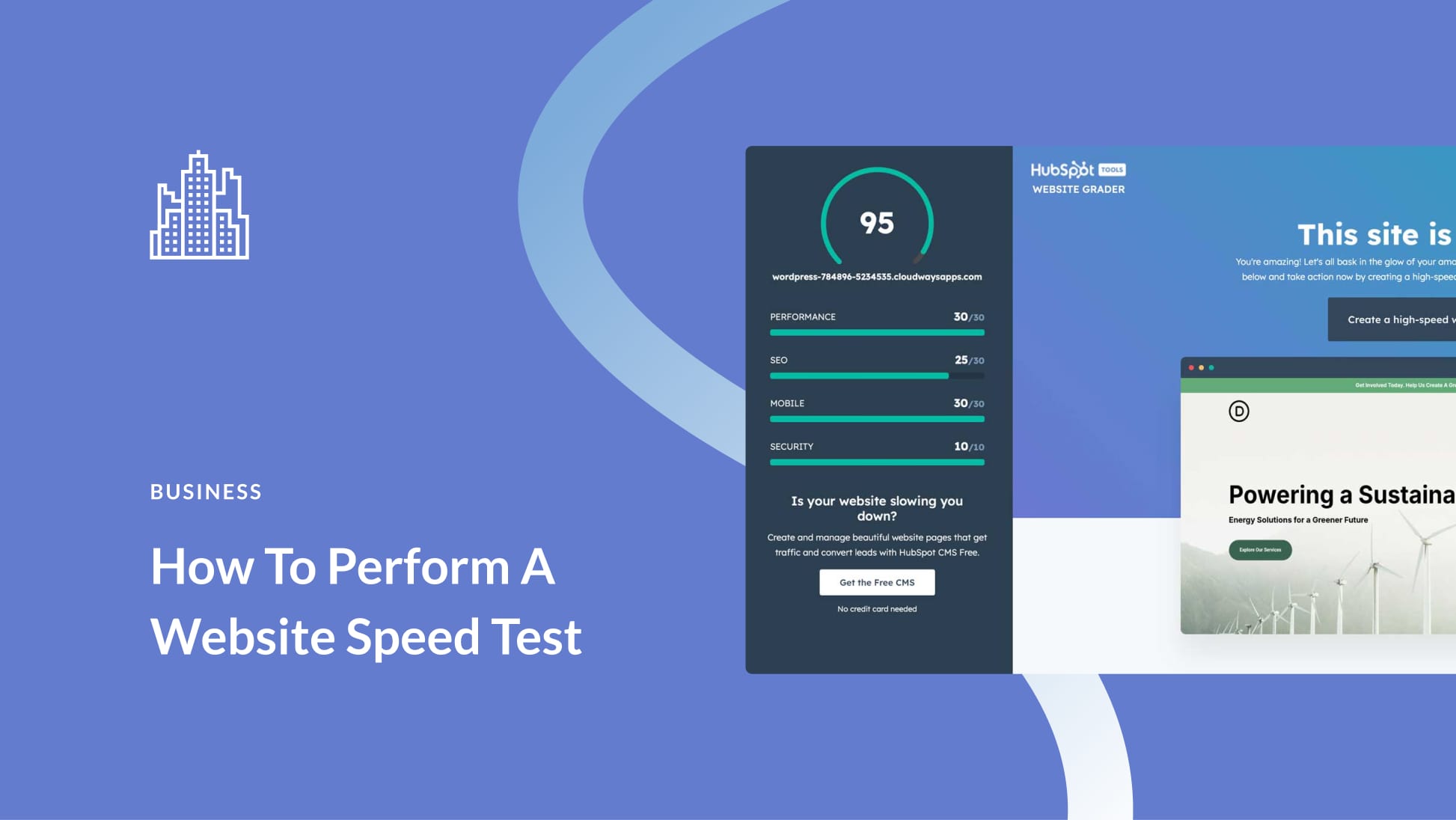Work interviews are always nerve-wracking. However, by preparing in advance you increase the chances of nailing your interview and making it to the final round of applicants. The problem is, preparing for interviews is complicated since employers love to throw all types of questions at you.
Fortunately, many of these questions are actually recycled among interviewers, making it possible for you to consider your answers ahead of time. If you prepare for them, you’ll be calmer when the interview rolls around, and you’ll be more capable of dealing with curveballs.
Let’s go over some of those interview questions!
- 1 1. What Are Your Strengths?
- 2 2. What Are Your Weaknesses?
- 3 3. Why Do You Want to Work Here?
- 4 4. Where Do You See Yourself in Five Years?
- 5 5. What’s Your Ideal Job Description?
- 6 6. What Makes You Different From Other Applicants?
- 7 7. Why Did You Leave Your Last Job?
- 8 8. What Were Your Responsibilities in Your Last Position?
- 9 9. What’s the Most Complex Project You’ve Worked On?
- 10 10. How Do You Deal With Conflict in the Workplace?
- 11 11. What Are Your Salary Expectations?
- 12 12. How Would You Describe Your Work Style?
- 13 13. Are You Familiar With Any Workplace Productivity Tools?
- 14 14. How Would You Deal With an Unsatisfied Customer?
- 15 15. Do You Have Any Questions For Us?
- 16 Conclusion
1. What Are Your Strengths?
As far as interview questions go, this is a classic that never goes out of style, and that’s a good thing for you. When you run into this question, take the opportunity to play up your strengths with a focus on the skills that you think make you a good fit for the position.
However, it’s important to remember that interviewers want honest answers, so you should focus on one or two key skills rather than going overboard.
2. What Are Your Weaknesses?
First off, you should never answer this question with a ‘humblebrag’ like “I work too hard”. While it may seem like this question is a trap you need to circumvent, you should always answer honestly.
Doing this shows potential employers that you know that you have the self-awareness to identify your shortcomings and work to correct them. After all, you can always polish your skillset and employers value hires that can take constructive feedback.
We recommend you answer with a single weakness and explain why it’s your weak point, and what steps you’re taking to improve in this area.
3. Why Do You Want to Work Here?
You should always do some research into any business you want to work for. That way, you’ll have an idea of what they do, how they do it, and what their company culture is like. For example, if you want to work at Google, it could be due to prestige, an interest in their products, or the unique perks that come with the job.
Try to avoid focusing on the salary here, as employers usually don’t want to hear that you’re only in it for the money. Instead, we recommend talking about how their business culture is a good personal fit for you.
4. Where Do You See Yourself in Five Years?
In five years, with a little luck, you may be running the place. While that’s a cheeky enough answer, which some interviewers might get a kick out of it, it’s not always a good idea. The thing is, most companies want to know what your long-term goals are, which tells them whether you intend to stick around for a while.
This also gives them a clue to your level of ambition, which can determine how much they’re willing to invest in terms of providing training. For example, you might see yourself in a more senior position in five years, and saying so shows you have both ambition and company loyalty.
5. What’s Your Ideal Job Description?
Just like the previous question, there are a lot of fun answers for this one. However, what recruiters want to hear is that the job you want matches with the position they’re offering you.
Naturally, that’s never going to be 100% true, so this question is also an excellent opportunity to talk about what your ambitions are within the company. For instance, you could use this to mention what kind of responsibilities you would like to have as you progress within the business. Most importantly, it gives you a chance to discuss potential perks, such as the ability to work remotely.
6. What Makes You Different From Other Applicants?
Every applicant brings something unique to the table. Your resume will give interviewers an idea of what that is, but it’s up to you to ‘sell’ why you’re the best person for the job.
In our experience, recruiters want to hear about your specific skills and experience that shows them how you’ll be an asset in the position you’re applying to. Some examples of this include speaking multiple languages or having very specific experience in similar roles.
7. Why Did You Leave Your Last Job?
In the past, most people made their living by sticking with the same company for most of their lives. These days, things are quite different, and switching jobs is now by far the best way to increase your salary. This means it’s normal for candidates to hop around, particularly in certain industries, like tech.
However, interviewers can be turned off if you have been flippantly jumping between companies, as common as it might be. Instead, some great answers to this question would be to say you’re looking for a work culture that suits you better, or that you want a job that will enable you to grow more.
8. What Were Your Responsibilities in Your Last Position?
Every job includes a lot of smaller tasks that aren’t actually that interesting to hear about. For example, recruiters probably don’t care if you used to get coffee for your colleagues in your previous job. What they’re interested in knowing is what skills you cultivated during your previous position.
For example, if you were in charge of sending out newsletters, that translates to experience in email marketing and maybe even content creation. If you handled your company’s customer service, that means you’re adept at dealing with customers, and so on.
9. What’s the Most Complex Project You’ve Worked On?
This is another question that provides you with an excellent opportunity to brag about your skills. Ideally, you’ll talk about a project that showcases a set of skills your new employers will find valuable.
For example, if you were in charge of building an e-commerce website, you might talk about the platform you used, what challenges you faced, and how you dealt with them. That last part is particularly important because it tells the interviewer you’re the kind of person who can identify and solve problems.
10. How Do You Deal With Conflict in the Workplace?
It doesn’t matter where you work, as long as there’s more than one person in the same office, there’ll always be some degree of conflict from time to time. When someone is thinking about hiring you, they’ll be wondering if you’re the kind of person that will affect workplace dynamics negatively.
With this question, you get the opportunity to show that you won’t be starting any office drama and you can play nice with others. The best answer usually involves any situation where you had to reach a compromise with a colleague to deliver the best possible results in a project. You can also discuss a time when you resolved a conflict between two other employees.
11. What Are Your Salary Expectations?
One common theme in many questions we’ve explored thus far is that you need to say what the person on the other side of the table wants to hear. However, when it comes to salary, you should only focus on yourself. In short, you need to have a salary range in mind and stick to it. Ideally, it’ll be more than what you were making at your last job, but this can obviously differ depending on your circumstances.
However, it’s a smart idea to research what other people in the company make and how much your intended position pays on average. Armed with that information, you’ll be better equipped to know what type of salary you should request.
12. How Would You Describe Your Work Style?
By now, you know the drill. With a question like this, you need to tread a fine line between talking yourself up too much or too little. In most cases, recruiters are interested in knowing whether you can work well within a team, but also work independently.
Naturally, this depends on the workplace and role, but both of these tend to be important in most businesses. It’s worth bearing in mind that raw talent isn’t the only thing companies care about, and that being easy to work with and supportive of others are also considered valuable skills.
13. Are You Familiar With Any Workplace Productivity Tools?
These days, even businesses outside the tech bubble are looking into productivity apps and disruptive work methodologies. That means if you have experience with tools that can help increase a business’ productivity, you can make yourself look much more attractive as a candidate. Some excellent examples of such tools include Basecamp, Slack, Trello, and other entries in this list.
For the best possible results, focus on highlighting your experience with tools you think could be a great fit with your new company.
14. How Would You Deal With an Unsatisfied Customer?
Even if you’re not applying for a customer-facing position, a lot of employers will want to know if you have what it takes to deal with clients. After all, as an employee, people will see you as a representative of the company.
Ideally, you’ll want to appease dissatisfied customers and try to offer a resolution that will keep them on board. One great way to answer this question is with an anecdote of a situation where you had to deal with an angry customer and how you dealt with it successfully.
15. Do You Have Any Questions For Us?
This question is a classic and one of our favorites. It enables you to show interest in the company you’re applying to and probe your interviewer to find out what it’s like working at the company.
In most cases, the best way to answer this is to ask questions that get the interviewer talking about their own experience and the day-to-day in your specific role. That way, you get an opportunity to bond a little and show an interest in the role. Later on, if you hit them with a follow-up email, this will also help them remember you next to other candidates.
Conclusion
Jumping into work interviews without any preparation is the equivalent of trying to take the SATs without studying. If you’re in the market for a job and you find a position you want, then it’s only logical you’ll want to maximize your chances of getting it.
Most of the interview questions you’ll run into are designed to help employers gauge your competency and your social skills. The latter is crucial since it’s something your resume can’t communicate, so it’s important you go into each interview prepared and with a clear head.
Do you have any questions about how to prepare for a work interview? Let’s talk about them in the comments section below!
Article thumbnail image by Iconic Bestiary / shutterstock.com









Thank u very much for this guide. It’s really helpful
Nice Tips, it is very helpful! Thank you!
Good… Real Ideas for Interview…
I’m glad you found it useful, Amit. 🙂
Great – THX
You’re welcome. 🙂